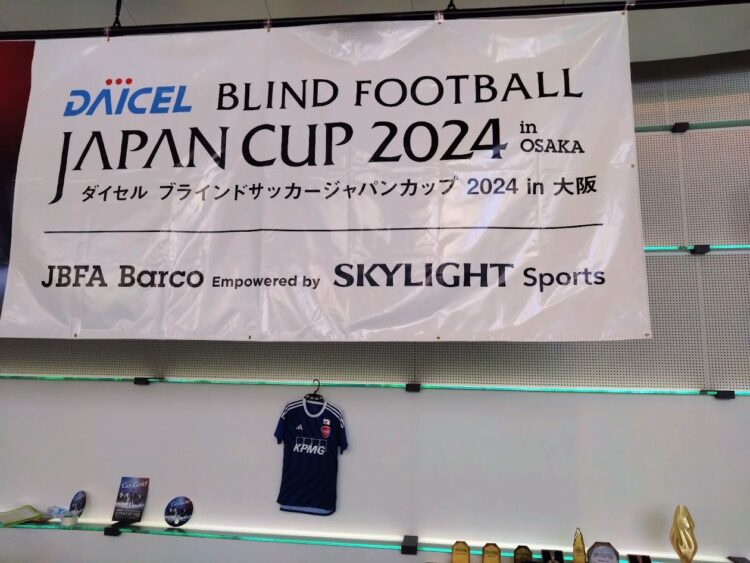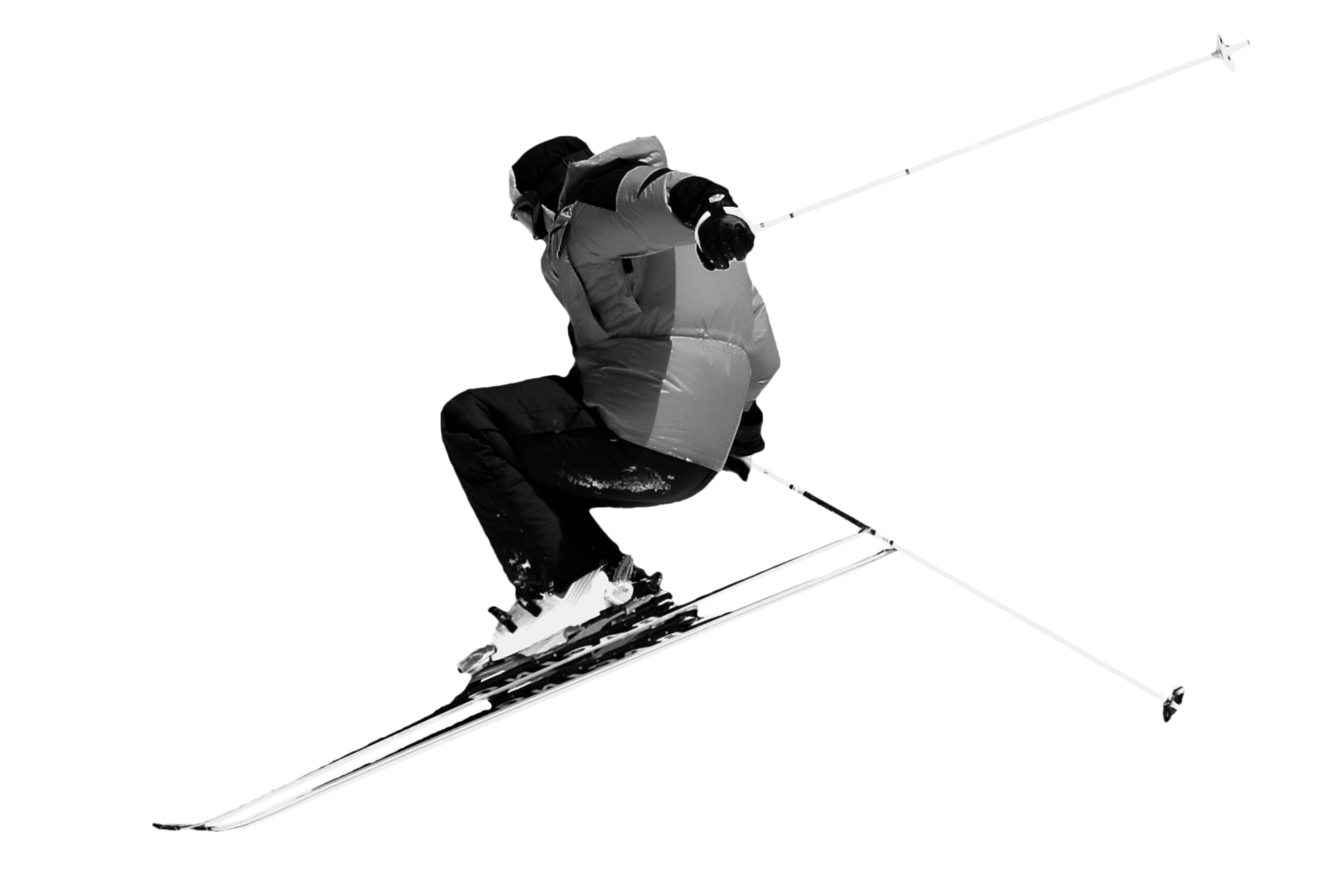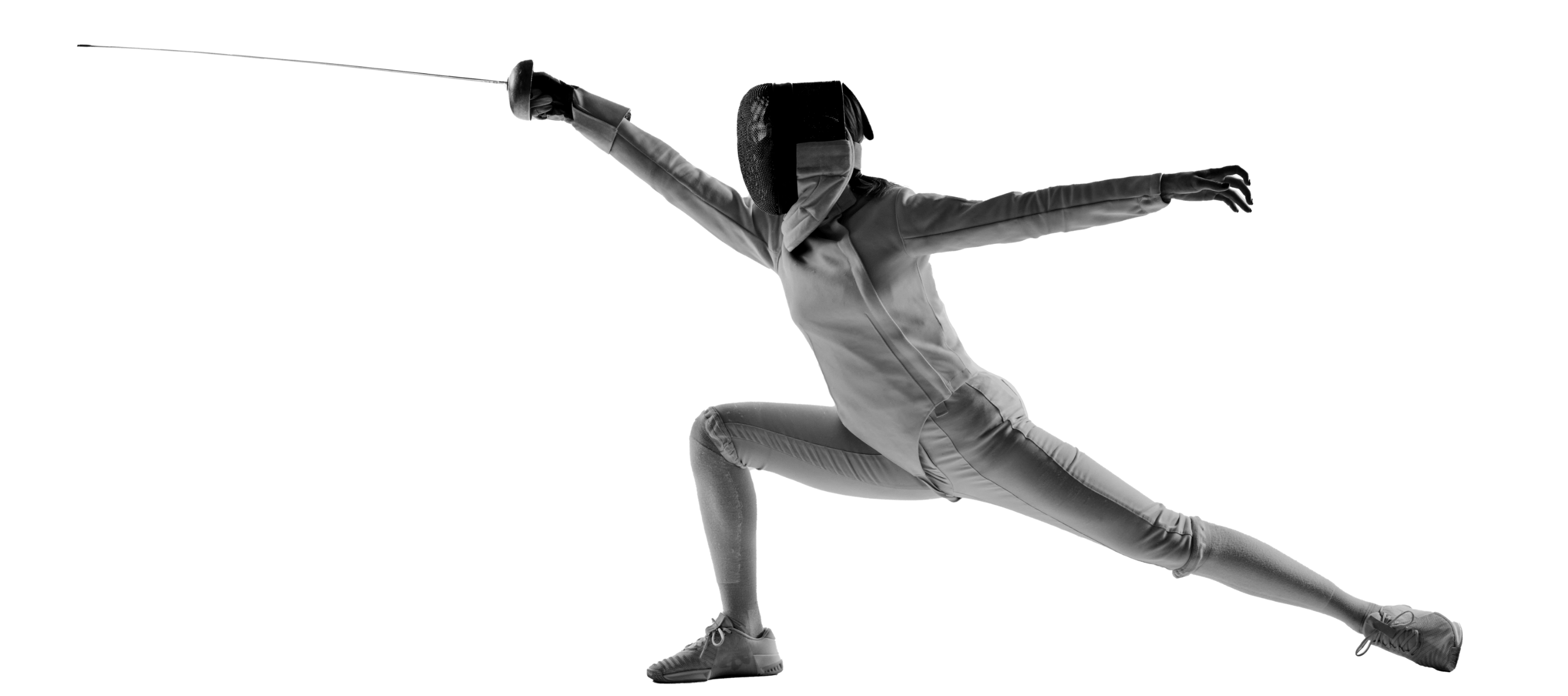Activities
2024 Jul 24
Report: Daicel Blind Football Japan Cup 2024 in Osaka

The Daicel Blind Football Japan Cup 2024 in Osaka, an international five-a-side blind football tournament, was held at Umekita Plaza near JR Osaka Station from July 4 to 7, 2024. This was the first international tournament held in Japan with an audience in about five years, and the first home game after the appointment of Nakagawa manager. It was also the first time for the event to be held in the Kansai region, providing a great opportunity for people outside of the Tokyo metropolitan area to see an international tournament, which has been held mainly in Tokyo.
Skylight Consulting Inc. supported this tournament as a category sponsor (hospitality zone).
Despite extremely high temperatures each day, creating challenging conditions for the players, they were able to compete at a high level. Japan came in second out of four teams, indicating that they are preparing well for the upcoming important tournament starting in September.
The commercial space called Umekita Plaza, where this tournament was held, has been used for sports events such as international beach volleyball tournaments and BMX events. However, this was the first time it was hosted for para-sports. The Japan Blind Football Association (JBFA), a non-profit organization, has made a splash in the past by hosting the first-ever pay-per-view games for a para-sport, but this time they ventured to hold the event free of charge at this prominent location. The aim is to make many people (especially outside the Tokyo metropolitan area) aware of the sports.
The event’s location, along a corridor from the JR Osaka Station exit to commercial facilities, exposed it to approximately 150,000 daily passersby. This visibility is vital for “Recognition” – making people aware that such a sport exists. We observed different audience demographics on weekdays (Thursday and Friday) versus weekends (Saturday and Sunday). On weekdays, due to the proximity of the office district, office workers were on their way home, which led to opportunities for these people to view the games, while on weekends, families, couples, and tourists (including international visitors) formed the audience. If the venue were to be a separate venue or gymnasium, it would be very difficult to gain this kind of recognition, and it would be limited to related parties or enthusiastic fans.
We have witnessed Japan’s national blind football team compete against world-class teams on several occasions overseas. In these matches, the intensity of play (speed, collisions, attacking the ball) and the level of techniques are even higher than in the Japan Championship final. We believed it was important for people in Japan to see this high level of play, making this event a significant opportunity.
Many invited guests used the hospitality zone we supported. These guests, ranging from football industry professionals to representatives from companies supporting sports, were all impressed by the intensity of the play and the unpredictable development of the games. In the Tokyo metropolitan area, we have gained some recognition from business, education, and sports people through the large blind football tournaments and the expansion of D&I educational programs for students, but we need to involve more people in order to expand this to the whole of Japan.
JBFA has been involved in many groundbreaking initiatives. Once again, they attempted to expand their vision through the challenge of holding the event in the Kansai region and in the city. We look forward to building the future together with JBFA by being involved in their challenges as a partner.







